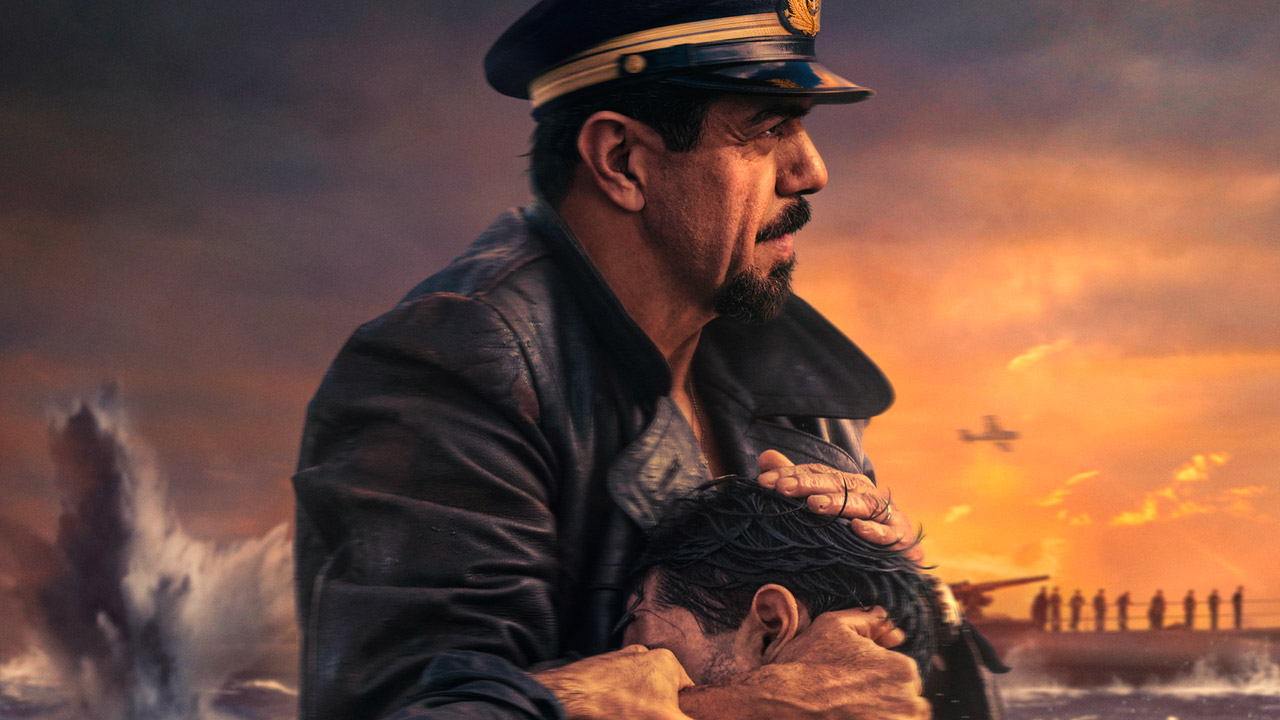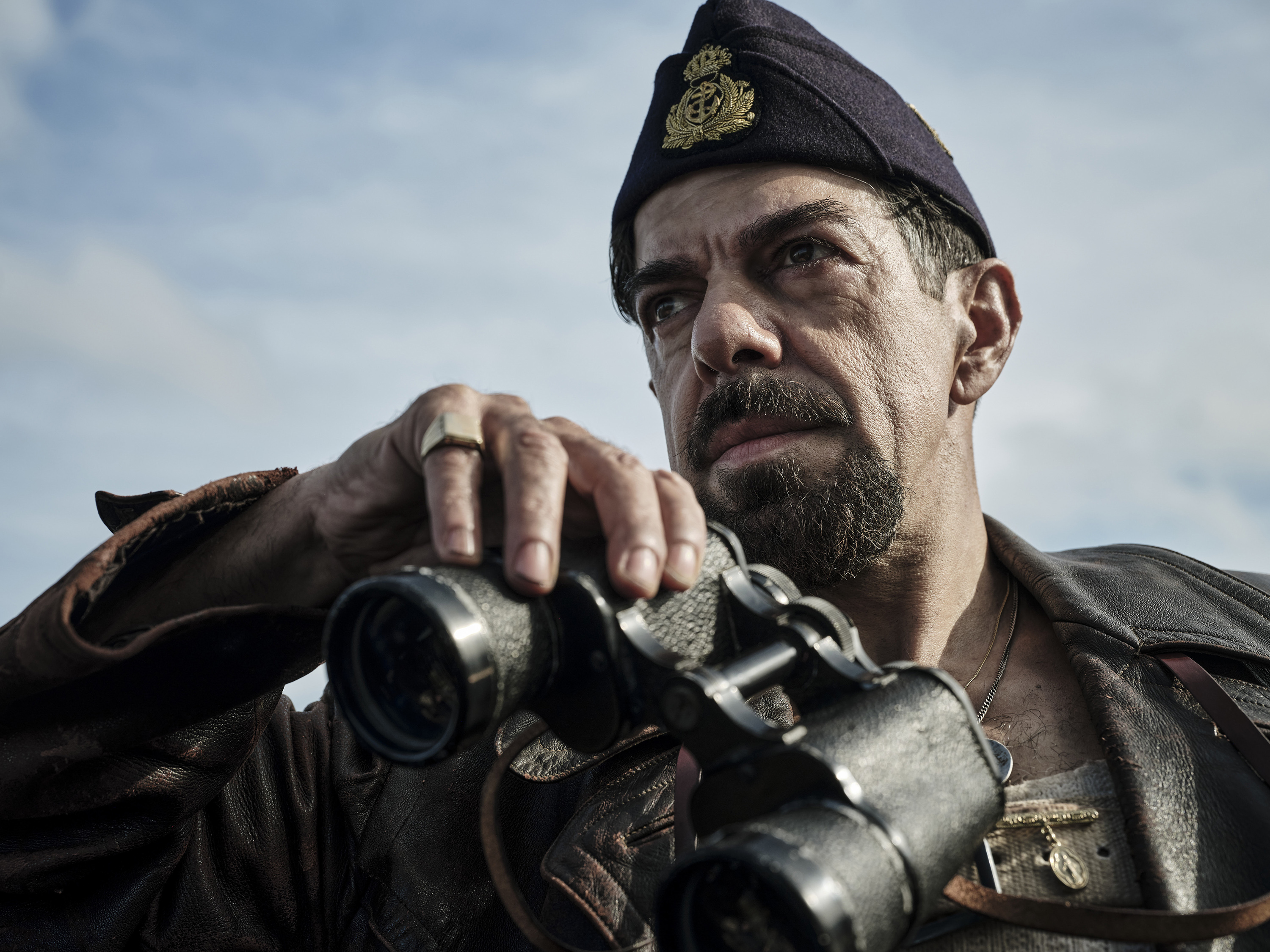I have recently found out that a movie about Salvatore Todaro is in the making:

 www.mymovies.it
www.mymovies.it

 filmitalia.org
filmitalia.org

 www.quotidianodipuglia.it
www.quotidianodipuglia.it
It will feature Pierfrancesco Favino as Todaro. During his career, Favino already starred in other WW2 films - as a sergeant of the "Pavia" Division in El Alamein (2002) and as a partisan leader in Miracle at St. Anna (2008). The Italian Navy will provide help in the making of the film, rumor has it that a 1:1 model of Comandante Cappellini, Todaro's submarine, is being built at the Arsenale of Taranto.
I am quite looking forward to seeing this movie, which is supposed to come out next year. Todaro's life and deeds are definitely movie material - if done properly this could be an excellent film on a theme (both the Italian participation in the battle of the Atlantic and Todaro's exploits) that is very little known to the wider public.

Comandante
Comandante - Un film di Edoardo De Angelis. Drammatico, Italia, 2023. De Angelis rivendica con ambizione e coraggio il soccorso come valore fondante dell'identità italiana.
 www.mymovies.it
www.mymovies.it

Comandante - 2023 - film usciti 2000 - 2023 - film & docu - Filmitalia
Filmitalia: la banca dati ufficiale del cinema italiano contemporaneo

Film sui sommergibili: Favino sul set a mar Piccolo per le riprese sulla vita del capitano Todaro
Ciak a Taranto per il film sui sommergibili: Pierfrancesco Favino sul set a mar Piccolo per le riprese sulla vita del capitano Todaro. Battelli sommergibili nelle vecchie definizioni o...
It will feature Pierfrancesco Favino as Todaro. During his career, Favino already starred in other WW2 films - as a sergeant of the "Pavia" Division in El Alamein (2002) and as a partisan leader in Miracle at St. Anna (2008). The Italian Navy will provide help in the making of the film, rumor has it that a 1:1 model of Comandante Cappellini, Todaro's submarine, is being built at the Arsenale of Taranto.
I am quite looking forward to seeing this movie, which is supposed to come out next year. Todaro's life and deeds are definitely movie material - if done properly this could be an excellent film on a theme (both the Italian participation in the battle of the Atlantic and Todaro's exploits) that is very little known to the wider public.
